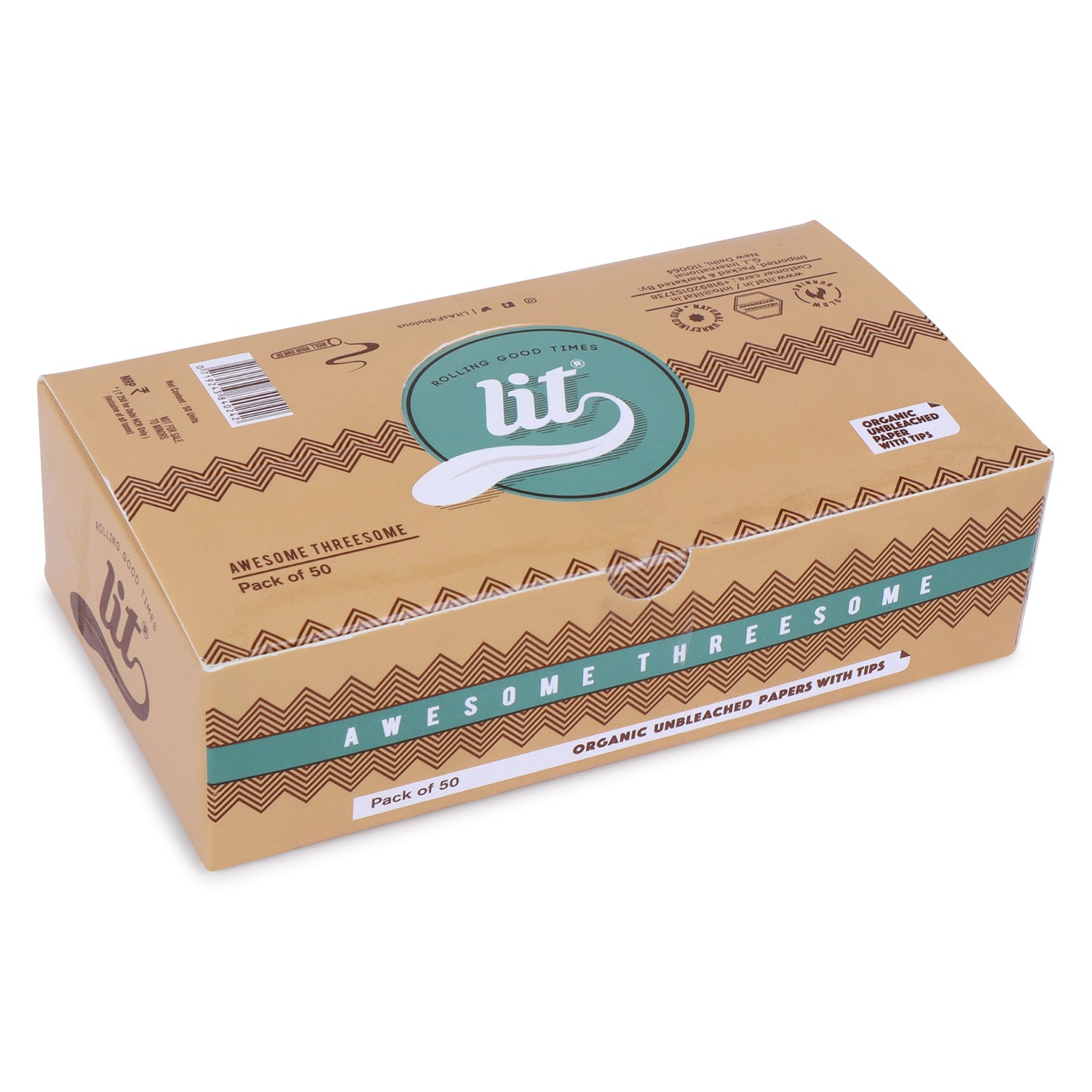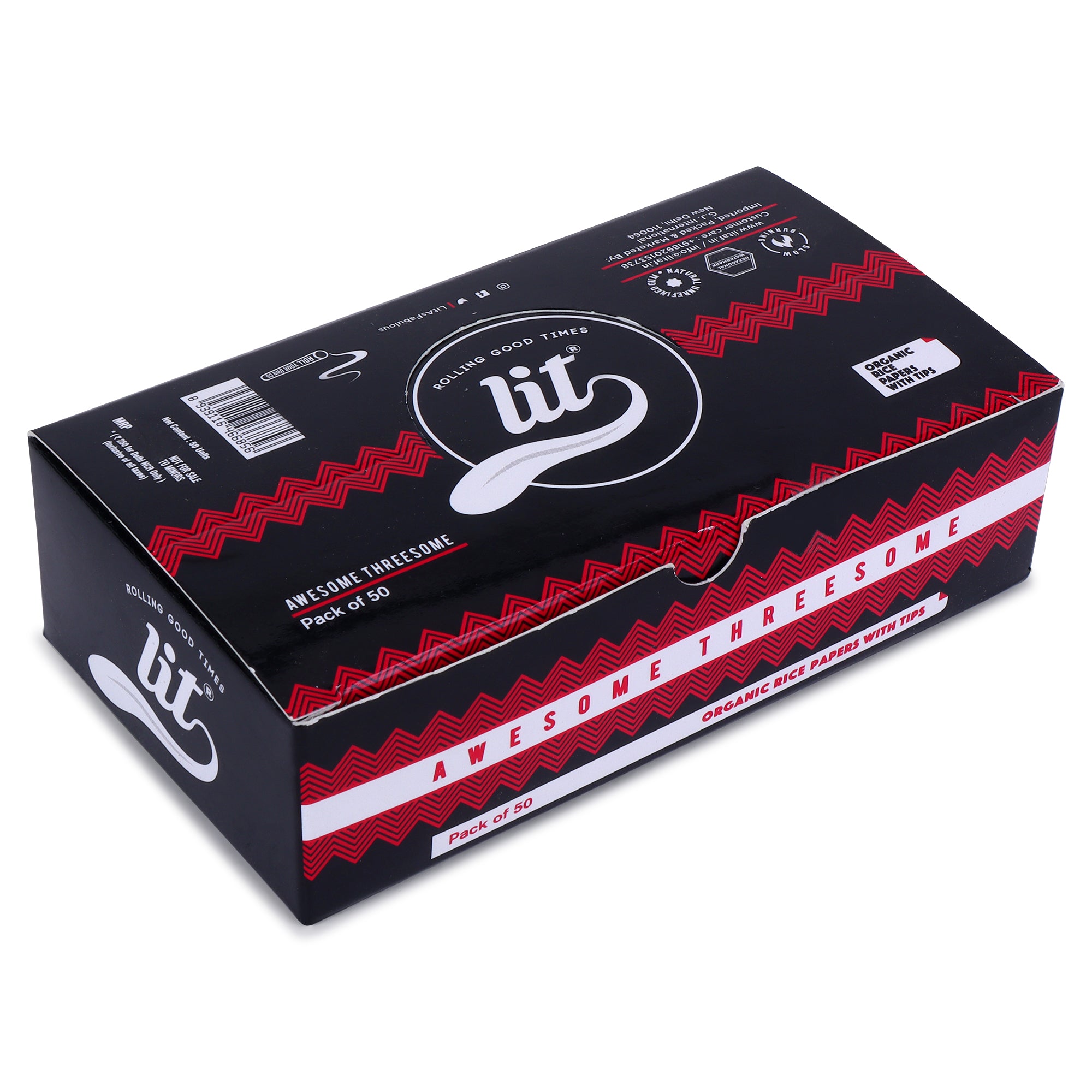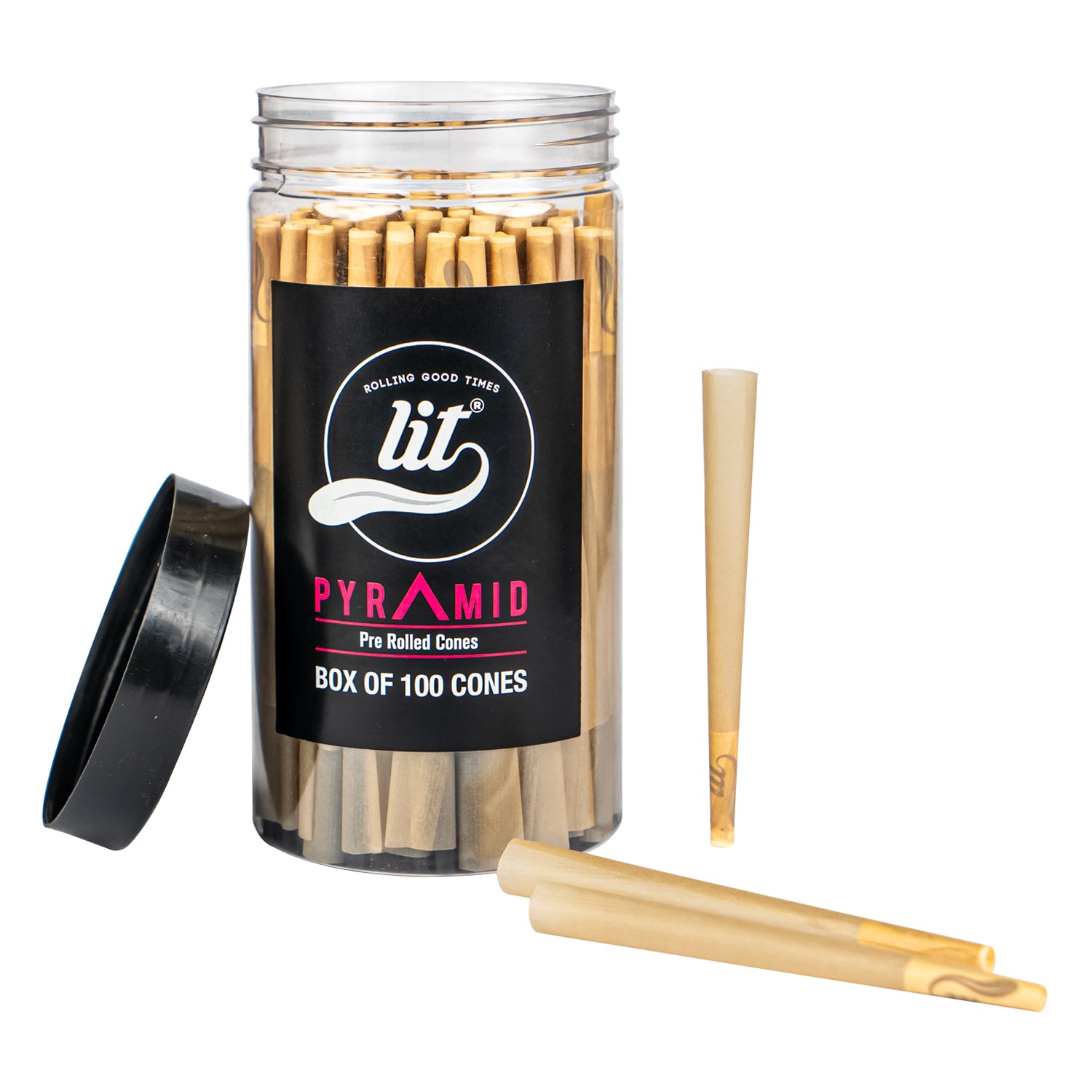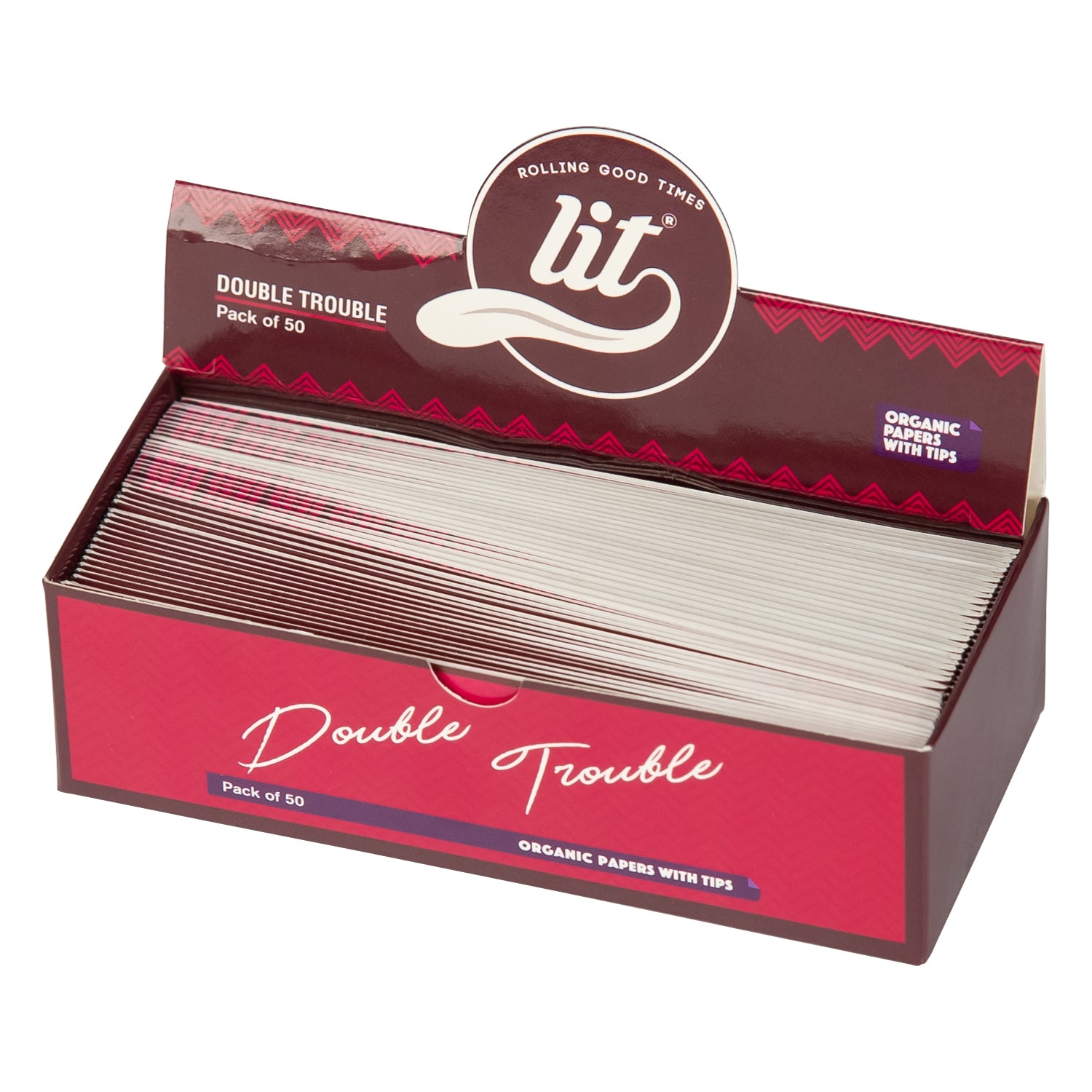Introduction to Roll Your Own Tobacco (RYO)
In today’s evolving smoking culture, Roll Your Own Tobacco (RYO) has emerged as a personalized, economical, and expressive alternative to factory-made cigarettes. This guide explores the definition, history, and rising trend of roll your own tobacco around the world.
What is RYO?
Roll Your Own (RYO) tobacco refers to the practice of handcrafting cigarettes using rolling papers and loose tobacco. Unlike pre-packaged options, RYO empowers smokers with control over the blend, quantity, and quality of their smoking experience.
Historical Perspective
From wartime necessity to modern self-expression, RYO tobacco has a deep-rooted history. Its evolution reflects cultural shifts, economic pressures, and changing preferences, offering insight into why more smokers today are choosing to roll their own.
The Rise of RYO Popularity
The growing popularity of roll your own tobacco RYO is driven by personalization, cost savings, and greater transparency in tobacco sourcing. Smokers increasingly prefer the hands-on experience RYO provides.
Benefits of Roll Your Own Tobacco
1. Cost Efficiency
Rolling your own cigarettes is often far more affordable than buying pre-rolled packs. Users can purchase loose tobacco in bulk and control the amount used per roll, reducing costs significantly over time.
2. Personalization
From choosing tobacco strength to experimenting with flavors and paper types, RYO offers unmatched customization. Smokers can tailor each roll to their personal taste, making the process more enjoyable and individualized.
3. Quality Control
With RYO, smokers gain control over what goes into their cigarette. This can lead to a cleaner, more satisfying smoking experience and better understanding of tobacco ingredients.
Debunking Myths About Roll Your Own Tobacco
Health Misconceptions
While some believe RYO is safer, it's important to separate fact from fiction. Like all tobacco products, RYO carries health risks, and understanding those risks is essential.
Legal Misunderstandings
Laws regarding RYO vary by region. It’s vital to stay informed about the legal status of buying, carrying, and using loose tobacco products in your area.
Social Perception
While RYO was once considered a budget choice, it's now seen by many as a lifestyle choice. This shift in perception is helping RYO gain mainstream appeal.
Legal Aspects of RYO Tobacco
Tobacco Sales Regulations
Understand the legalities of purchasing loose tobacco, which may be subject to stricter rules than commercial cigarette sales.
Tax Implications
RYO tobacco is taxed differently in many regions. Being aware of local tax structures helps consumers make informed choices.
Age Restrictions
Minimum age laws still apply to RYO. Always ensure compliance with local legal age requirements when purchasing or using tobacco.
Cultural Perspectives on RYO
Global Practices
Roll your own tobacco isn’t a new concept globally. From Europe to Asia, RYO has long-standing cultural ties and rituals that influence how it's used today.
Cultural Impact on Preferences
Cultural norms often shape tobacco preferences—from the type of tobacco used to the rolling techniques. RYO is deeply embedded in these cultural patterns.
Ritual and Ceremony
For many, RYO isn't just practical—it’s ceremonial. The act of rolling a cigarette can be meditative, social, and rooted in tradition.
Conclusion
Roll your own tobacco (RYO) offers more than just a way to smoke—it's an experience. From cost savings and quality control to cultural expression and personalization, RYO continues to appeal to modern smokers who seek control, transparency, and individuality in their habits.
As always, approach RYO responsibly. Understand the legal and health implications, and make informed choices to ensure a safe and enjoyable experience.










